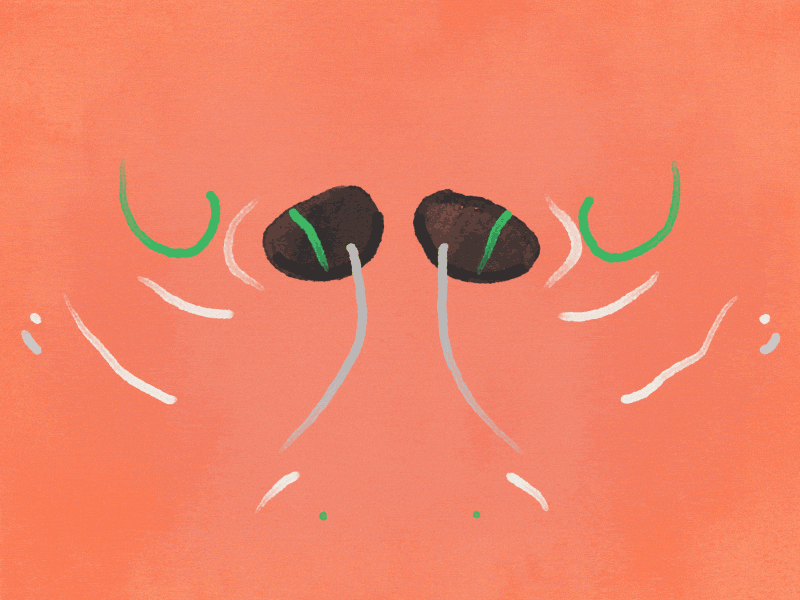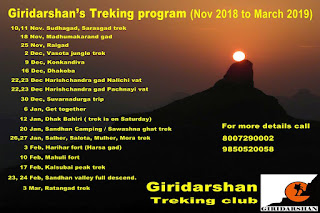On the surface, personal finance seems to be primarily about money:
getting rich and optimizing your investments and so on. It’s definitely
about all of that stuff, but in a larger, more important way, it has
nothing to do with money at all. It’s more about using it to optimize
your values and priorities.
Learn to Manage Your Money So It Doesn’t Manage You
My
dad used to say, “Money isn’t the problem; the lack of it is.” And it’s
true: money doesn’t buy you happiness, but not having enough of it can
be a pain. And the level of pain varies, depending on your situation.
Growing up, my parents had a hard time making ends meet, at least for
a few years. They wanted to move to a better neighborhood with better
schools, but that wasn’t going to happen. Others have it even worse. In Scarcity, Why Having Too Little Means So Much,
authors and researchers Sendhil Mullainathan and Eldar Shafir describe
study after study that shows a lack of money affects our decisiveness,
well-being—even our politeness. The authors write:
Scarcity
is not just a physical constraint. It is also a mindset. When scarcity
captures our attention, it changes how we think. By staying top of mind,
it affects what we notice, how we weigh our choices, how we deliberate,
what we decide and how we behave.
Like it or not, money is powerful. Most of us are controlled
by
it, and that’s where personal finance comes in. Personal finance is
about learning to manage money so you can use it to your advantage. It’s
about taking control. Ironically, the goal of personal finance is to
get to a point where you don’t have to worry about money at all.
Money Itself Is Not The Goal
It’s
easy to assume that managing money means chasing after it. Obviously,
having more money always helps, but if money is the end goal, you’re
doing it wrong. And for a long time, I did it wrong.
After I
graduated, I wanted to travel. My goal was to get out of debt so I could
afford to go to Europe. That was a specific, concrete goal, and it
motivated me to pay off my student loan. After I traveled, though, I
started earning a bit more money, but I didn’t really have another
financial goal. In a way, I was drifting; my goal was simply to
accumulate money. That goal was vague and boring, because it was just
about hoarding pieces of paper. There’s little point in accumulating
money if it doesn’t have some purpose. In my situation, it felt pointless, so eventually, I stopped saving as much and started spending mindlessly. Which is fine, I guess, but if I’d given it a bit more thought, I could’ve been saving for something that actually mattered to me.
It took me a while to realize that money is a tool, not an ideal. Personal finance isn’t about accumulating tools. It’s about using that tool to live the life you want. Here’s how Luke Landes of Consumerism Commentary puts it:
Money
is only worth what you can do with it...So when I hear that someone’s
goal is to have a nest egg of ten million dollars, it is an empty goal.
This goal is nothing more than having bits and bytes in a certain
configuration on a certain server in a database record associated with
your identity. I accept that it will be difficult to get the bytes to
arrange in that fashion, but look beyond this. What would you like to do
with that money?...Assign your goals to the reasons you are saving money, not the money itself.
That last sentence pretty much sums up what people think personal
finance is versus what it’s actually about. I also like the way writer
Colin Wright puts it over at Big Picturing:
There
is absolutely nothing wrong with money, and there’s absolutely nothing
wrong with pursuing more of it, if doing so will help you become more
you, and allow you to do more of what makes you feel alive. It’s also
important to have enough so that you can keep a roof over your head and
food on the table: I’m certainly not suggesting that the desire
to have any money is a waste of time, particularly when it allows us to
sustain the societal fundamentals.
Just make sure you know why you’re pursuing it. That you see the big picture and allow it to guide your steps.
In
short, money is not the focus. It’s not about busting your ass at a job
you hate so you can earn pieces of paper and then one day retire and
finally relax. It’s about using money to pursue more of what you want in
life. That might even mean saving enough to leave the job you hate and
do something you actually enjoy instead.
It’s More About Mind Than Math
Sure, there are some basic financial rules that come with personal finance. Rules like:
- Spend less than you earn
- Pay off your debt
- Invest so your money can grow
These are important, but they’re not the meat of what personal finance is really about. Most of personal finance is, well,
personal. And sometimes that even means breaking these basic tenets and
doing what works for you. More than math and rules, personal finance
has to do with behavior: your habits, mindset, and actions.
I’d even argue that the focus should be more on behavior than the rules.
You can read about the best methods to pay off debt all day long, but
if you’re not in the right mindset, you’re probably not going to do it.
This is precisely why the Snowball Method is the most effective for paying off debt, even though the Stack Method makes more mathematical sense.
People tend to brush off money management because they “don’t care about money.” Oddly enough, that’s exactly why they
should care about managing it. If you don’t like to think about money, the best way to make sure you don’t have to is to set up a system for properly managing it.
Yes, personal finance has to do with money. However, it’s really about
learning to control it so you can get on with your life, whether that
means traveling, affording the lifestyle you want, or paying your bills
without worry.
Kristin Wong






















